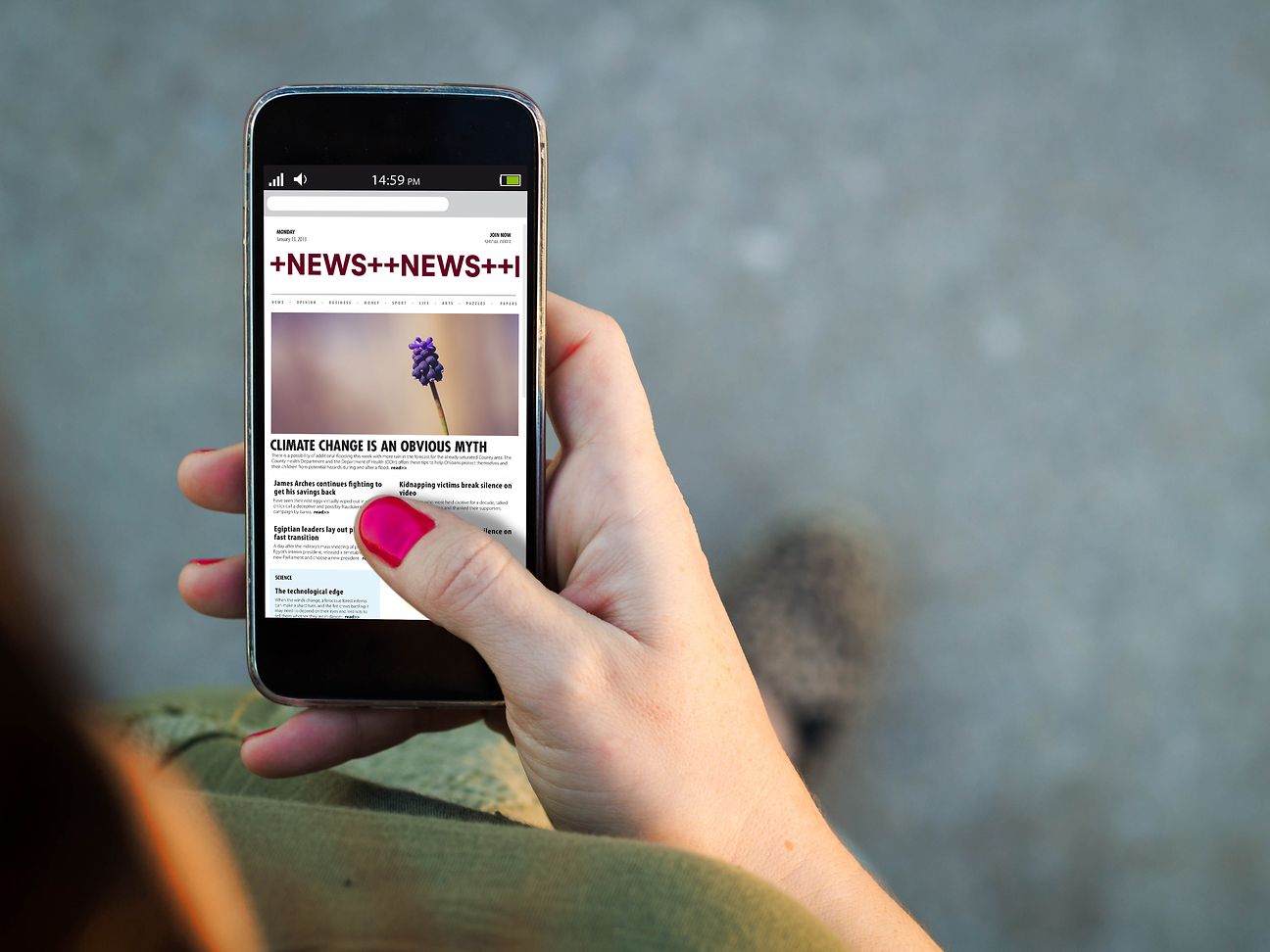Five Tips for Dealing with Disinformation
Disinformation fuels hate, destabilizes societies, and endangers democracy. Simply put, disinformation refers to deliberately spread misleading or false information intended to deceive or manipulate people. It primarily affects people emotionally, confirms prejudices, and promotes hasty opinion formation. Studies show that disinformation spreads six times faster than true news. This influences social and political decisions. Hate speech and disinformation reinforce each other. We can all do something to counteract disinformation.
Here are five tips for dealing with disinformation:
1. Pause and Question Posts and Messages
Before sharing a post, ask yourself:
- Where does the news come from?
- Who is spreading it?
- Are there obvious inconsistencies (regarding content, time, place, context)?
- Does the content incite anger, hate, fear, or outrage?
- Who could be harmed by the news, and who could benefit?
If you can't answer all these questions or are unsure, inform yourself before sharing.
2. Verify Sources and Fact-Check
Check the source of the information. Is it trustworthy? Do other sources report the same? An anonymous source whose statement appears nowhere else can be a sign of disinformation.
Fact-check the information. Are there contradictions? Is the content sensationalist? Has the information already been checked by other sources? Many claims are reviewed and debunked by fact-checking websites like CORRECTIV.
Do your own fact-check: use reverse image search to verify photos or videos. Pay attention to timestamps and inconsistencies in places or even the weather.
3. Report Disinformation
If a fact-check or your research shows that a post or message is incorrect or taken out of context, our tip is: do not try to correct the content directly under the post or forward it with a warning to friends and family. Any interaction increases the reach of the disinformation and spreads it further. This is exactly what should be avoided.
Instead, report the post using the platform's reporting function and share independent fact-checks. This can help contain the spread.
4. Inform Yourself Diversely and Use Media Literacy Resources
To recognize disinformation more easily, use various news sources. Using diverse sources provides different perspectives and helps form a better personal opinion. Media literacy resources help to distinguish between facts and fiction. For example, visit Teachtoday, Telekom's media literacy initiative. Older people can find offers around the digital world in the "Digitaler Engel" project.
5. Get Involved
We can all do something to fight disinformation and actively strengthen social cohesion.
- Become a fact-checker yourself. The new fact-checking forum by CORRECTIV can help you with this.
- Even by sharing fact-checks within your private circle, you can contribute.
- Actively promote digital dialogue. Social cohesion needs a diversity of opinions. Engage constructively and respectfully in online dialogues and be open to different perspectives.
- Talk to friends and family about the topic. Do not let disinformation divide your personal environment.
Let's question what we share and make the internet a safer and more trustworthy place for everyone. Together for #NoHateSpeech.

